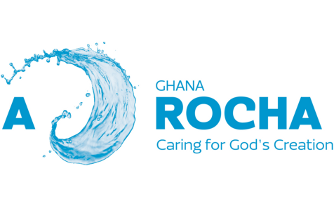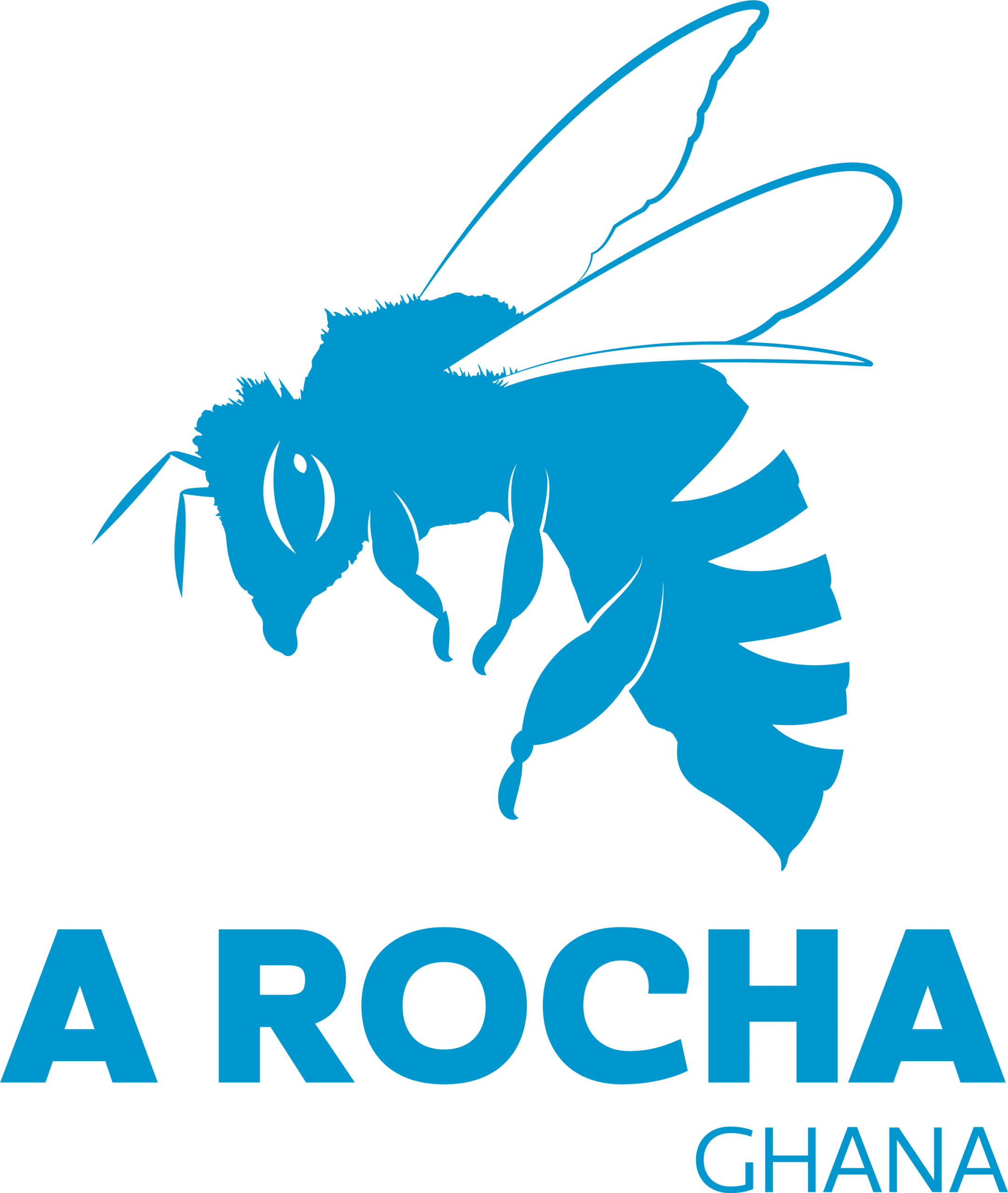Overall Goal
To contribute to national and international efforts in managing and protecting mangrove ecosystems for sustainable coastal marine resources and human wellbeing, through community-agency collaboration, ecological restoration, and livelihood diversification.
Key Components
Sustainable Livelihood Development
-
Profiling and capacity building for pro-conservation livelihoods (e.g., beekeeping, conservation agriculture).
-
Support for vulnerable community members, with gender inclusion emphasized.
Mangrove Restoration, Rehabilitation & Sustainable Harvesting
-
Establishment of community-based mangrove nurseries.
-
Reforestation of degraded sites with 10,000 seedlings.
-
Creation of woodlots as alternative sources of energy and materials.
-
Training in sustainable harvesting techniques.
Participatory Governance and Management
-
Deployment of a governance baseline tool.
-
Formation of Coastal Resources Management Committees.
-
Capacity building and provision of monitoring/surveillance equipment.
Awareness and Capacity Building
-
Community education campaigns (festivals, film shows, school visits, forums).
-
Training of fishermen and youth groups in mangrove and natural resource conservation.
Specific Goals
Develop sustainable pro-conservation livelihood schemes to reduce poverty and pressure on mangroves.
Restore and rehabilitate degraded mangrove forests while promoting sustainable harvesting and alternative energy sources.
Strengthen community-agency collaboration and governance through participatory management tools.
Enhance community awareness, capacity, and behavioral change toward mangrove conservation and climate adaptation.
Ensure effective project monitoring, evaluation, and knowledge sharing for sustainability.
Expected Outcome
Livelihoods & Economy: Sustainable alternative livelihoods established, supporting inclusive growth and reducing poverty.
Ecosystem Restoration: Increased mangrove forest cover, enhanced biodiversity, improved soil conditions, and strengthened climate change mitigation/adaptation.
Governance: Strengthened community-agency partnerships through participatory co-management of mangrove resources.
Awareness & Capacity: Increased public awareness and behavioral change towards mangrove conservation, particularly among youth, women, and fishing groups.
Sustainability: Communities empowered with skills, tools, and structures to sustain mangrove conservation beyond the project’s lifespan.





